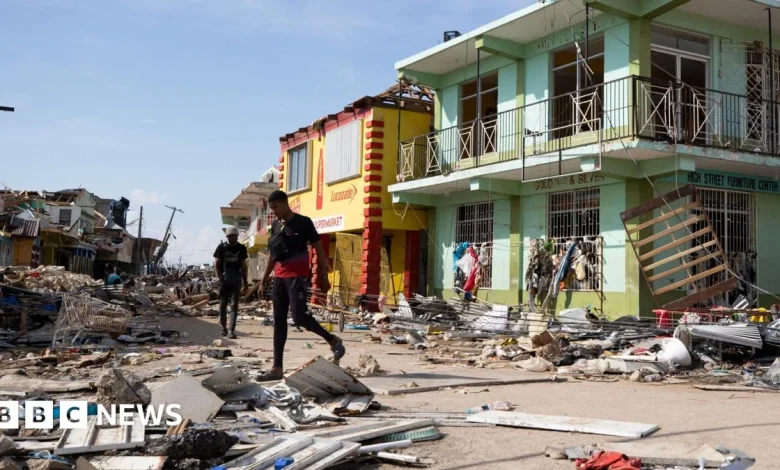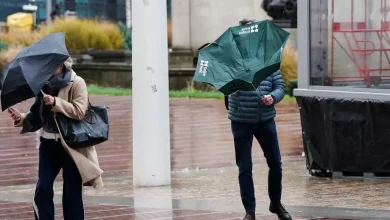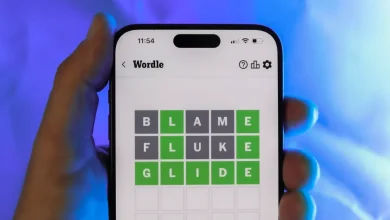Hurricane Melissa: Britons to be evacuated from Jamaica as UK sends aid

The hurricane made landfall in Jamaica on Tuesday as a category five storm and was one of the most powerful hurricanes ever measured in the Caribbean.
Melissa swept across the region over a number of days and left behind a trail of destruction and dozens of people dead. In Haiti, at least 30 people were killed, while Cuba also saw flooding and landslides.
Jamaica’s Information Minister Dana Morris Dixon said on Friday “there are entire communities that seem to be marooned and areas that seem to be flattened”.
Around 8,000 British nationals were thought to have been on the island when the hurricane hit.
The UK foreign office has asked citizens there to register their presence and also advises travellers to contact their airline to check whether commercial options are available.
The UK initially set aside a £2.5m immediate financial support package for the region, with an additional £5m announced by Foreign Secretary Yvette Cooper on Friday.
Cooper said the announcement came as “more information is now coming through on the scale of devastation caused by Hurricane Melissa, with homes damaged, roads blocks and lives lost”.
The British Red Cross said the King and Queen’s donation would help the International Federation of Red Cross and Red Crescent (IFRC) “continue its lifesaving work” – which includes search and rescue efforts in Jamaica as well as ensuring access to healthcare, safe shelter and clean water.
The Red Cross said that 72% of people across Jamaica still do not have electricity and around 6,000 are in emergency shelters.
Until the Jamaican government can get the broken electricity grid back up and running, any generators aid agencies can distribute will be vital.
So too will tarpaulins, given the extent of the housing crisis.
Meanwhile, with so many in need of clean drinking water and basic food, patience is wearing thin and there are more reports of desperate people entering supermarkets to gather and give out whatever food they can find.
The BBC has seen queues for petrol pumps, with people waiting for hours to then be told there is no fuel left when they reach the front of the queue.
Some people are seeking fuel for generators, others for a car to reach an area in which they can contact people, with the power down across most of the island.





